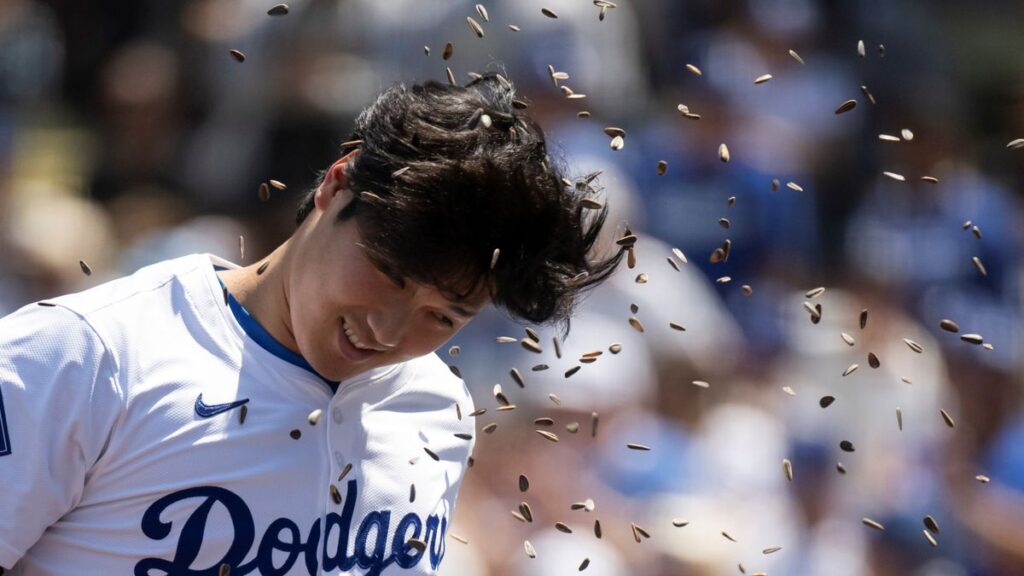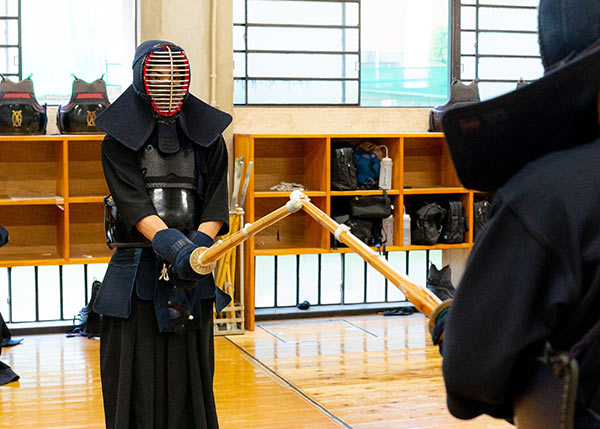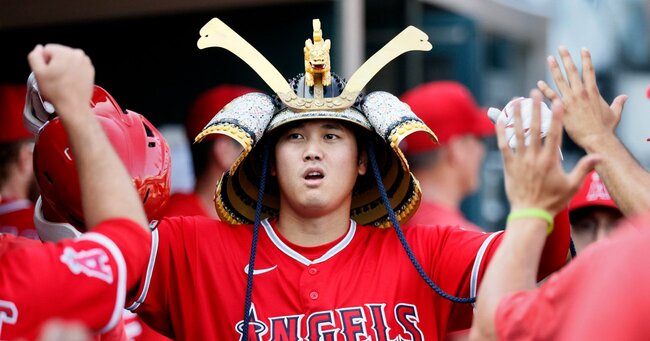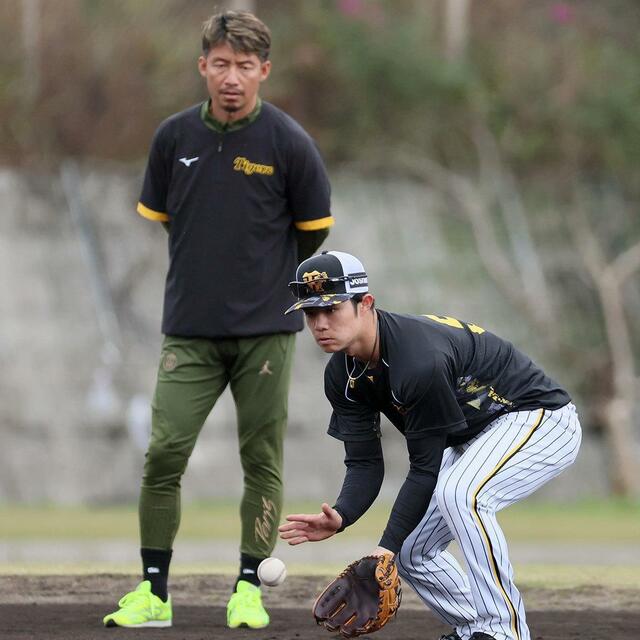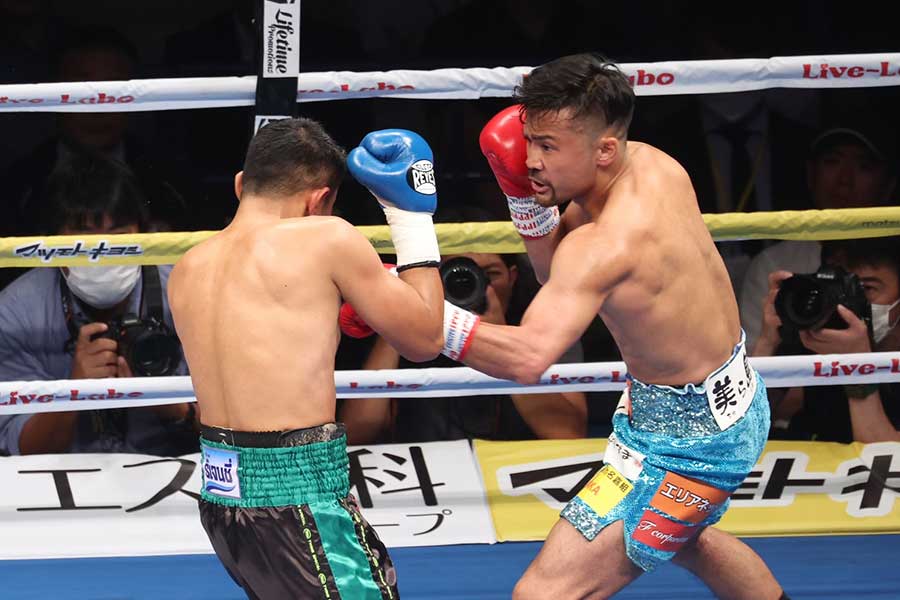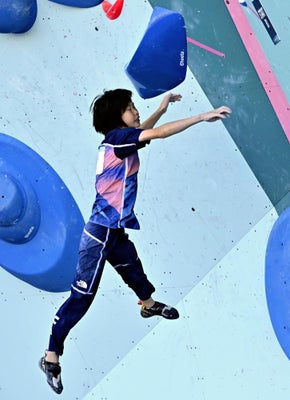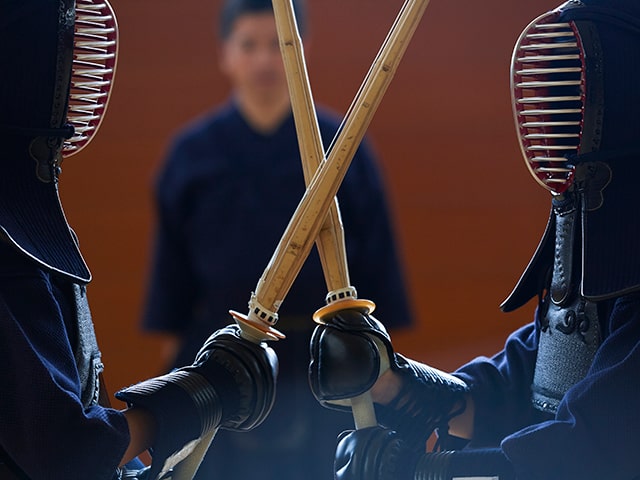
In the world of kendo, the role of referees is extremely important to ensure the fairness of matches.
However, sometimes “favoritism” becomes a problem, and this often affects fair evaluations.
Against this background, there is an urgent need in today’s kendo world to shed light on the problem of favoritism in kendo refereeing and to explore measures to promote fair evaluation.
In this article, we will start with the basic knowledge related to kendo refereeing, and then explain in detail the importance of fairness, as well as the problems of “favoritism” and ways to counter them.
Let’s take a step toward creating an environment where all people who love Kendo can receive fair evaluations and compete with pure technique and strength of mind.
目次
Introduction: What is a Kendo referee?
The presence of a referee is very important in a Kendo match.
Umpires ensure that matches proceed fairly and safely, and judge the effectiveness of techniques.
Here, we will explain the basic roles and rules of kendo refereeing.
Referee’s role
The main roles of the referee in a Kendo match are:
- Ensuring fair conduct of matches : Referees ensure that matches are conducted in the spirit of Kendo and administer matches impartially and unselfishly.
- Determine the effectiveness of the technique : Determine whether the strike is effective and award points.
- Keeping the Game Safe : Player safety is always our top priority and we are responsible for immediately stopping any dangerous activity.
basic rules
The referee system for Kendo matches generally uses a three-man system. This is because there is one referee and two assistant referees, each of whom can observe the match from a different angle and make fair decisions. The referee’s decision will be based on the following criteria:
- Accuracy : Does the strike hit the target area accurately?
- Momentum : Does the strike have enough force?
- Posture : Is the player’s posture poor when striking?
- Spirit : Does the technique have the appropriate spirit?
During a match, the referee evaluates these factors comprehensively and decides whether the technique is valid or not.
If the strike is deemed valid, the referee will raise a flag to indicate the point.
Understanding the role of the referee and the basic rules is very important when learning Kendo.
Through this, athletes not only improve their own technique, but also learn the importance of respecting the fairness of the game and the spirit of Kendo.
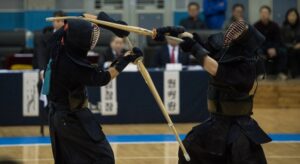
The importance of fairness in Kendo refereeing
In Kendo, the fairness of the referee determines the quality and fairness of the match.
If referees are not fair, the result of the match will not reflect accurate technique or mental maturity, and the value of the sport will be diminished.
In this section, we’ll take a deep dive into how referees keep games fair and why it’s important.
Referee’s efforts to maintain fairness
In order to maintain fairness, referees will strive to:
- Continuing education and training : Referees participate in regular training and seminars to acquire the knowledge and skills necessary to make fair decisions.
- Maintaining neutrality : Referees maintain an equally neutral stance toward all players, excluding personal feelings and biases.
- Communication : Effective communication between referees during a match is important to ensure consistent decisions. This ensures consistency and accuracy of decisions.
The importance of fairness
Fairness is one of the most important principles for Kendo referees. The reasons are as follows:
- Maintaining trust : Fair adjudication is important to maintaining trust with players, coaches, and spectators. If referees are not believed to be fair, the legitimacy of the competition will be questioned.
- Improving competitiveness : Fair game management provides an environment in which athletes can demonstrate their skills and spirit to the fullest. This promotes the improvement of Kendo technique and competitiveness.
- Maintaining the spirit of Kendo : Kendo is not just a competition of technique, but also a place for spiritual growth and self-development. Impartiality in refereeing is essential to maintaining and nurturing this spirit.
The importance of kendo referees keeping matches fair affects both the mental and physical aspects of kendo.
Judges must fulfill their role by embodying the values and spirit of Kendo and ensuring that athletes can compete in a fair environment.
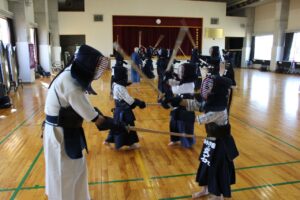
What is the problem with “favoritism”?
When “favoritism” occurs in a Kendo match, its influence not only distorts the outcome of a single match, but also casts doubt on the fairness and reliability of the sport of Kendo as a whole.
Let’s dig deeper into why “favoritism” is a problem and its specific effects.
Reasons why “favoritism” occurs
The main reason why favoritism occurs in Kendo matches is when referees make decisions based on personal relationships or emotions.
This includes favoritism toward particular athletes, dojos, or regions, as well as biases based on past experience.
Additionally, if referees have insufficient training, they may unconsciously give a decision advantageous to a player they know due to a lack of confidence.
Influence of “favoritism”
The existence of “favoritism” has the following serious effects in Kendo:
- Decreased athlete motivation : If unfair decisions continue, athletes may lose their motivation to hone their skills. Particularly for young athletes or those just starting out in the sport, unfairness can be very frustrating.
- Loss of fairness in competition : Favoritism turns kendo matches into places where personal connections and prejudices dictate rather than competitions of skill and spirit. This seriously undermines the value of Kendo as a competition.
- Divided within the Kendo community : Repeated unfair decisions can create distrust within the Kendo community and cause divisions among athletes, instructors, and supporters.
Need for countermeasures
To address the problem of “favoritism,” it is essential to strengthen the education and training of referees and increase the transparency of decisions.
Efforts must be made to ensure fair evaluations by disclosing the referee selection process and clarifying the judging criteria.
In addition, actively incorporating feedback from players, coaches, and spectators can lead to improvements to the refereeing system.
Favoritism in Kendo is a serious problem that undermines the essence of the competition.
By addressing this, Kendo can continue to grow as a place for true competition of technique and spirit.
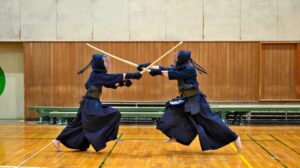
Countermeasures against “favoritism” towards referees
Favoritism in Kendo matches is a serious threat to the fairness and credibility of the competition.
Below, we will propose specific measures to make Kendo matches fairer.
Strengthening referee education and training
- Implementation of regular referee training : We will conduct regular training and workshops to improve referee skills and knowledge. This should also include ethics education to ensure fairness.
- Promote international exchange : Learn diverse perspectives and strive to reduce bias through interaction with referees from different regions and countries.
Improved transparency
- Clarification and disclosure of judgment criteria : By clarifying and disclosing judgment criteria, we will increase the transparency of the judgment process. This makes it easier for players and spectators to understand the judging criteria.
- Transparency in the referee selection process : By clarifying how referees are selected and ensuring that the process is fair, there is less room for favoritism.
Use of technology
- Introducing video adjudication : Where possible, utilize video adjudication to provide a second opinion on referee decisions. This improves the accuracy and fairness of decisions.
- Consideration of an anonymized referee system : By considering a system in which referee decisions are made anonymously and the results are later made public, it will be possible to eliminate bias against individuals.
Awareness reform throughout the community
- Develop and disseminate a code of ethics : Kendo organizations must develop guidelines based on fairness and ethics and disseminate them widely to athletes, referees, coaches, and spectators.
- Introducing a feedback system : We will collect feedback from players and coaches after games and use that feedback to improve our refereeing system. This allows you to identify problems early and take countermeasures.
In order to eradicate favoritism in Kendo matches, it is important to implement these measures systematically and continuously.
Creating a fair competition environment requires not only individual referees, but also the cooperation and awareness change of the entire Kendo community.
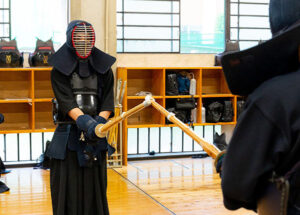
To promote fair evaluation in the kendo world
Kendo organizations and groups need to develop long-term strategies to ensure that Kendo matches are conducted fairly and that all athletes receive fair evaluation.
Below we summarize specific suggestions for promoting fair evaluations.
Strengthening Continuing Education Programs
- Regular ethics training for referees and coaches : We provide regular educational programs to ensure referees and coaches act in accordance with a code of fairness and ethics.
- Rules education for athletes : A deep understanding of the rules and the importance of fair competition by the athletes themselves is the basis for receiving fair evaluations.
Increased transparency and openness
- Transparency in match management : Increase trust in fairness by making the match management process transparent and easier for stakeholders to understand.
- Disclosure of referee selection process : The method of selecting referees will be made public to ensure fairness in the process.
Leveraging technology
- Development of evaluation system using technology : We will proceed with the development of a system that enables objective evaluation by utilizing video judgment and AI technology.
- Database construction : We constantly monitor fairness by creating a database of match results and decision history, and analyzing referee decision patterns and player performance.
Promoting dialogue with the community
- Establish a feedback mechanism : Accept feedback from players, coaches, and spectators to identify improvements to make the game fairer.
- Holding public forums : Hold regular public forums to discuss equity issues and share improvements.
Continuous improvement and evaluation
- Implement a continuous improvement process : Continually evaluate equity efforts and implement improvements as needed.
- Establishment of an independent oversight body : Establishment of an independent body to assess and monitor impartiality.
By committing to these long-term strategies, the kendo community can promote fair evaluation and ensure that kendo matches are true competitions of skill and spirit.
This allows us to preserve the traditions and values of Kendo and pass them on to the next generation.
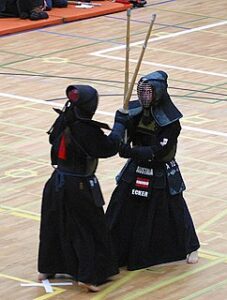
Summary and next step
In this article, we delved into the importance of referee fairness in kendo matches, the problems with “favoritism” toward referees and countermeasures, and long-term strategies for promoting fair evaluations in the kendo world.
Here, I will briefly summarize these points and suggest what readers can do to improve the fairness of kendo refereeing.
Summary of key points
- Fairness in refereeing in Kendo is an important element that is directly linked to the fairness of matches and the motivation of athletes.
- Favoritism is a problem that threatens the fairness of Kendo matches and undermines the value of the competition.
- Measures include strengthening referee education and training, increasing transparency, leveraging technology, and promoting dialogue with communities.
- The Kendo community needs to develop and implement long-term strategies to promote fair evaluation.
What readers can do
- Education and self-development : Learn and deepen your understanding of the rules and ethical standards regarding kendo refereeing. Also, regularly attend training sessions and seminars to improve your skills as a referee.
- Promoting Communication : Actively participate in activities that stimulate dialogue within the Kendo community and raise awareness of fairness.
- Providing feedback : Provide feedback to organizations and groups about what you feel about the match and referees, and what improvements you would like to suggest.
- Model a fair attitude : When you are involved in a game as a referee, always maintain a fair and selfless attitude and try to make fair decisions.
Efforts to improve fairness begin with small actions by each individual.
If all people who love Kendo take responsibility for fair evaluations and fair competition, and act proactively, the entire Kendo world can move in a better direction.
Let’s take a step towards realizing a fair competitive environment today.
